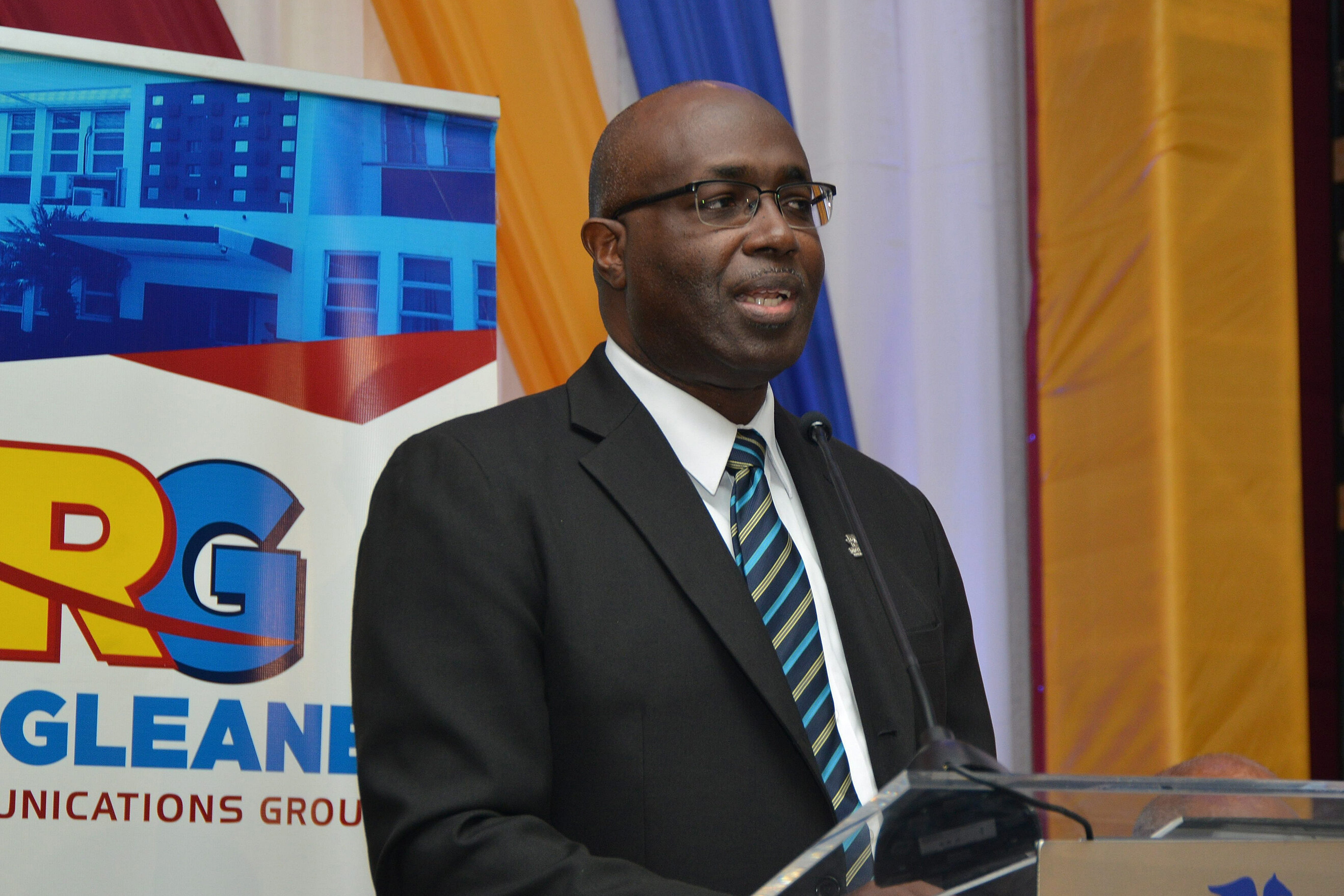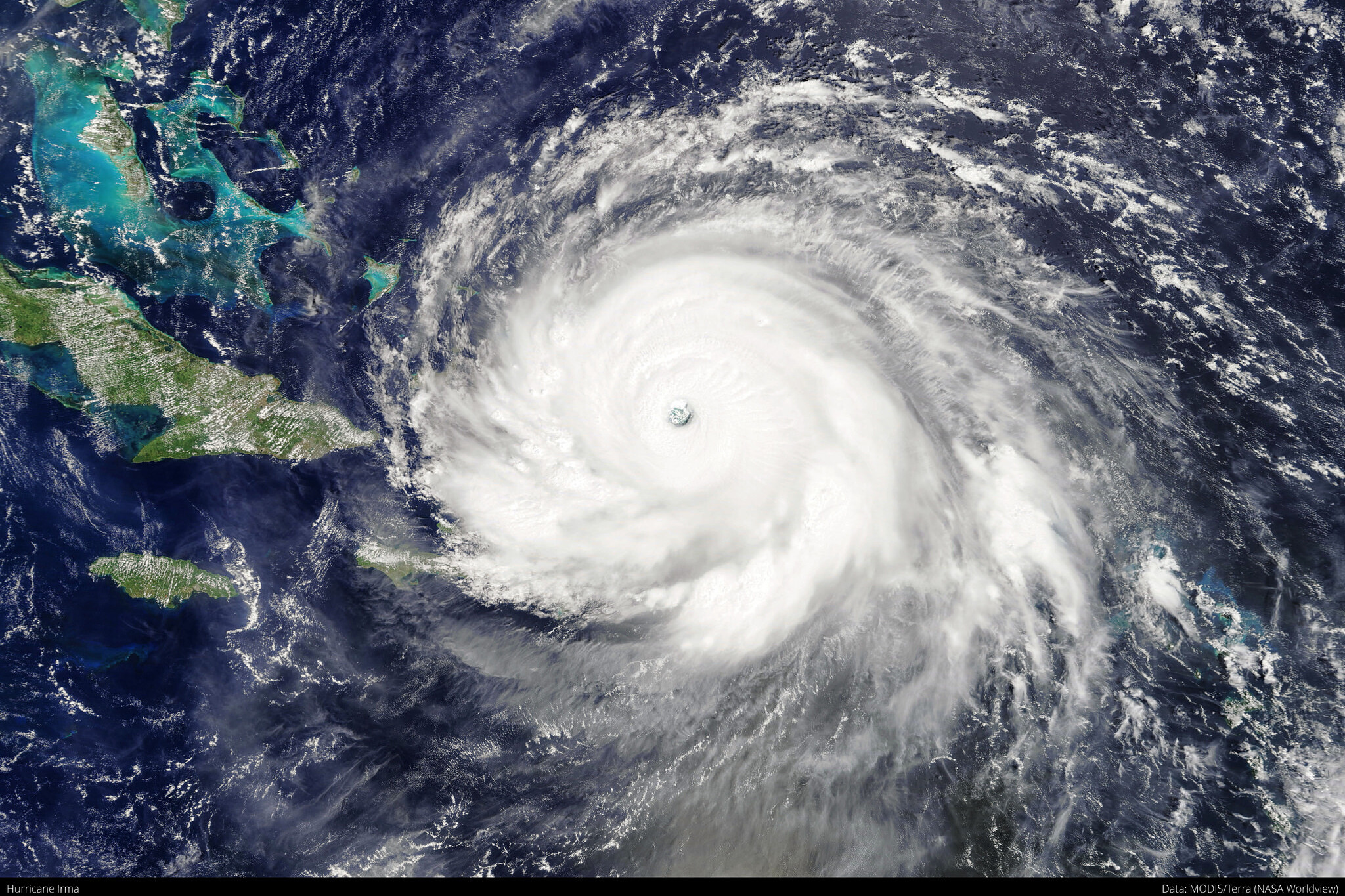STATEMENT
Urgent support needed to ensure access to trusted news sources after Hurricane Melissa
21 November 2025
The Public Media Alliance (PMA) extends its support to its member RJRGLEANER Communications Group, and media colleagues across Jamaica as they continue to recover from the severe damage caused by Hurricane Melissa.

We stand in full solidarity with Jamaica’s broadcasters and affirm our support for every practical step that helps them to restore transmitters and distribution networks. Access to broadcast media is still down in some places due to the hurricane’s disruption, the reliance on generators and changes to keep them fueled, so it is essential that their services can return to air quickly for those affected.
In moments of disasters, small-island public service and public interest media demonstrate how they are essential lifelines. Caribbean broadcasters have repeatedly shown that, even without the scale of funding, infrastructure, or staffing enjoyed by larger international media, they fulfil this service on the frontline during hurricanes, adapting in real time to keep timely news and information flowing.
In Jamaica’s case, PMA has witnessed – both with Hurricane Melissa and last year’s Hurricane Beryl – how news media like RJRGLEANER and PBCJ provided trusted and continuous guidance on essential disaster-response resources, while simultaneously offering communities a place to call in, share urgent needs, and keep recovery efforts accountable. Importantly, we’ve also seen how these broadcasters help audiences cut through the ever-growing noise of mis- and disinformation.
These essential services are offered even as broadcasters operate under extraordinary strain, including widespread physical damage to facilities, loss or weakening of transmission signals, intermittent electricity supplies, and sharply rising costs for fuel, temporary equipment, and workaround distribution. At the newsroom level, journalists are concurrently reporting a national disaster and living through it, often while displaced, without stable power or connectivity, and under heavy emotional pressure.
Haiti and Cuba were also badly hit by Hurricane Melissa, and with climate change escalating the severity of hurricanes across the Caribbean, it is astoundingly clear that working under such conditions is not sustainable. It’s therefore imperative that national and international stakeholders alike work with urgency to ensure there is adequate support for keeping trusted news media resilient, on-air, and able to deliver lifesaving news and information at times of crisis, both now and long into the future.
For ways to support the rebuilding of those severely affected by Hurricane Melissa across the Caribbean, you can donate online, through the British Red Cross Hurricane Melissa Disaster Fund, or the RJR Cares Foundation Hurricane Melissa relief initiative.
For more information, our partner the Media Institute of the Caribbean has established an information portal with useful link pages to Jamaica’s Office of Disaster Preparedness and Emergency Management, ODPEM, humanitarian organisations operating on the ground, and other key resources.
This statement has been endorsed by our partners the Caribbean Broadcasting Union (CBU).
Related Posts
26th August 2024
How two Caribbean broadcasters covered Hurricane Beryl
Caribbean broadcasters ensured timely,…
1st December 2023
“Everything is changing”: Gary Allen on RJRGLEANER’s future
In a final interview before he steps…
31st October 2019
Hurricane Dorian: Its catastrophic destruction in Abaco & Grand Bahama
"We have never experienced such…
5th January 2018
Broadcasters, hurricanes and recovery in the Caribbean
Public media plays a key role in…



